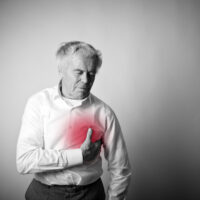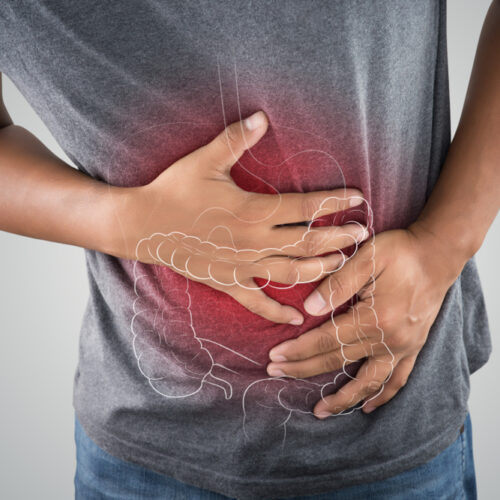What is insulin therapy?
Insulin therapy is a crucial part of diabetes treatment. There are different types of insulin therapies or regimens available for people with both type 1 and type 2 diabetes.
For people with type 1 diabetes, there is insulin pump therapy and option of daily injections multiple times a day. For people with type 2 diabetes, a single-dose daily insulin therapy is available.

Insulin and diabetes
Insulin is a naturally-occurring hormone in the body. Pancreas creates insulin, which the body utilizes to process glucose. But in people with type 1 diabetes, insulin production is quite less or stops altogether.
The body loses its ability to utilize insulin properly i n type 2 diabetes. This weakens the pancreas as it can’t keep up with overproduction of insulin and stops making it.
Insulin treatment helps people with diabetes receive much-needed insulin to keep their blood sugar levels in control.
Types of Insulin
There are various types of insulin available which can be used by people with diabetes.
- Rapid-acting – acts within 15 minutes; leaves the body within 3-5 hours, such as insulin aspart (NovoLog), insulin glulisine (Apidra).
- Short-acting – works within 30-60 minutes; leaves the body within 5-8 hours, such as regular insulin (Novolin R).
- Long-acting – acts within 60 minutes; can last for 20-26 hours, such as insulin glargine ( Lantus insulin ), insulin detemir (Levemir).
- Intermediate-acting – acts within1-3 hours; lasts for 12-16 hours, such as insulin NPH (Novolin N).
- Premixed – combination of two types such as rapid and intermediate or short and intermediate.
Types of insulin therapy
Different therapies are available for various needs of patients.
- Once-daily – one dose of either long-acting or intermediate is taken every day; for type 2 diabetes.
- Twice-daily – two doses daily of either short-acting and intermediate; for both type 1 and type 2 diabetes.
Insulin can be administered through injections (syringes, pens) or infusions (through intravenous fluids under doctor’s observation). Another way is to use insulin pumps.
Insulin pumps are small devices to administer the hormone slowly into the body. It closely resembles how the body receives insulin naturally.
Your doctor can best guide you about the right dose and methods – be it through an insulin pump or injections.











